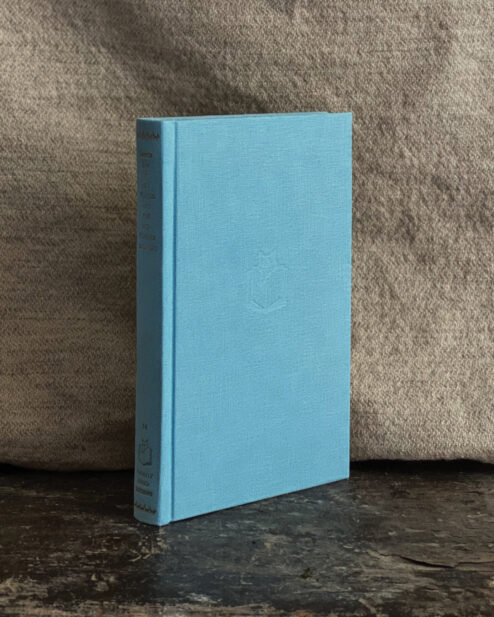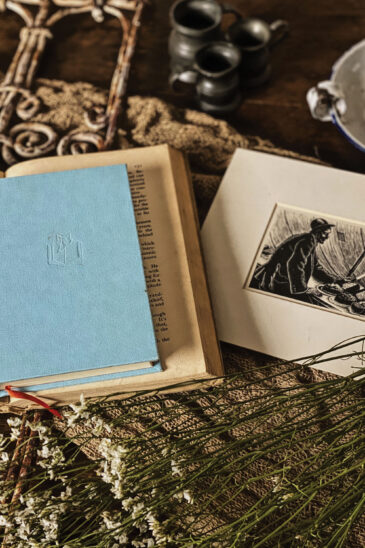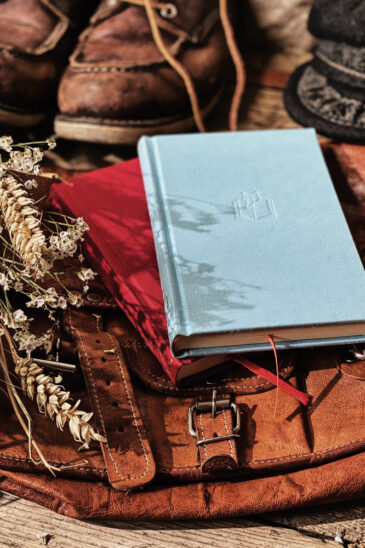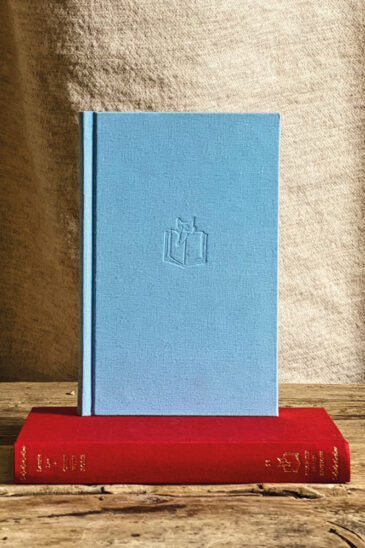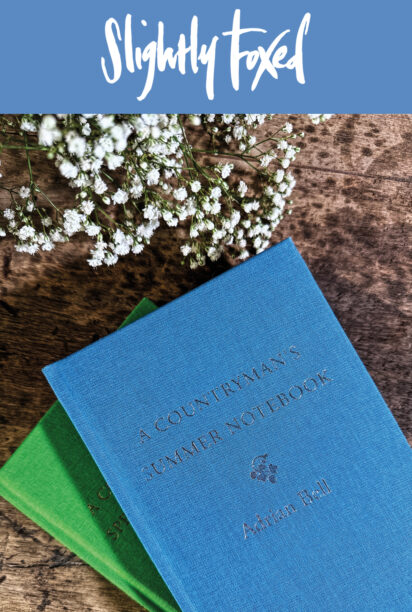When Laurie Lee set out on foot from his home in the Gloucestershire village of Slad one midsummer morning in 1935 he knew he was saying farewell to the idyllic country boyhood that he would later capture so unforgettably in Cider with Rosie. He was 19 and off to see the world with only his violin for company. He was aiming for London but decided to go via Southampton because he had never seen the sea. And so began a year of wandering that would take him from the north of Spain south to the Mediterranean.
In London he slept where he could, earning a few pennies with his fiddle, eventually finding work on a building site and a cosy lodging with a half-cockney half-Irish family who could have come straight out of Dickens. When he was sacked from his building job he bought a one-way ticket on a ship sailing to the Spanish port of Vigo, a town that seemed to him to rise from the sea ‘like some rust-corroded wreck, as old and bleached as the rocks around it’. People lay sleeping in doorways or sprawled on the ground, ‘like bodies washed up by the tide.’ It was his first sight of a country in which life had barely changed since the Middle Ages, and where people lived intensely in the moment to escape the poverty that dominated their lives. Music was their drug, and his violin became his passport.
Trudging south through fly-blown villages and the historic cities of Segovia, Madrid and Toledo, he finally holed up for the winter in the small Mediterranean town of Castillo, by which time civil war was imminent. The journey that had begun as a young man’s romantic dream ended somewhat ignominiously with rescue from the coast by the Royal Navy. But in Spain Lee had come face to face with a savage reality that would soon draw him back to fight on the Republican side. Cider with Rosie is a warm, golden book, but this brilliant evocation of the vanished Spain of the 1930s is unsentimentally observed and darkly haunting, like a painting by Goya.
Illustrated by Leonard Rosoman.
‘There’s a formidable, instant charm in the writing that genuinely makes it difficult to put the book down.’ New Statesman
‘A beautiful piece of writing.’ Observer
‘He writes like an angel and conveys the pride and vitality of the humblest Spanish life with unfailing sharpness, zest and humour.’ Sunday Times
Before the Slaughter
How much we miss movement in our suddenly still, stay-at-home pandemic era. Gone the footloose and fancy-free travel of our rose tinted imaginations, replaced by domestic gloom, pessimistic prospects...
Read moreAs I Walked Out One Midsummer Morning | Into Spain
It was early and still almost dark when our ship reached the harbour, and when out of the unconscious rocking of sea and sleep I was simultaneously woken and hooked to the coast of Spain by the...
Read more




